
- Home
- India
- World
- Premium
- THE FEDERAL SPECIAL
- Analysis
- States
- Perspective
- Videos
- Sports
- Education
- Entertainment
- Elections
- Features
- Health
- Business
- Series
- In memoriam: Sheikh Mujibur Rahman
- Bishnoi's Men
- NEET TANGLE
- Economy Series
- Earth Day
- Kashmir’s Frozen Turbulence
- India@75
- The legend of Ramjanmabhoomi
- Liberalisation@30
- How to tame a dragon
- Celebrating biodiversity
- Farm Matters
- 50 days of solitude
- Bringing Migrants Home
- Budget 2020
- Jharkhand Votes
- The Federal Investigates
- The Federal Impact
- Vanishing Sand
- Gandhi @ 150
- Andhra Today
- Field report
- Operation Gulmarg
- Pandemic @1 Mn in India
- The Federal Year-End
- The Zero Year
- Science
- Brand studio
- Newsletter
- Elections 2024
- Events
How Israeli writers across time have explored the Palestinian issue
“What will be left of me when all the destruction is over?” wonders Uri Ladiano, an idealistic Israeli soldier of Iraqi descent — and, therefore, an outsider in the country — early on in Israel’s best-known writer David Grossman’s The Smile of the Lamb, the first Jewish novel to be written about the reality of the occupation, originally published in Hebrew in 1983, and translated...
“What will be left of me when all the destruction is over?” wonders Uri Ladiano, an idealistic Israeli soldier of Iraqi descent — and, therefore, an outsider in the country — early on in Israel’s best-known writer David Grossman’s The Smile of the Lamb, the first Jewish novel to be written about the reality of the occupation, originally published in Hebrew in 1983, and translated into English by Betsy Rosenberg in 2003. Uri and military commander Katzman are stationed in a Palestinian village in the West Bank. The story, told through a chorus of four voices (the two other narrators include old Arab Khilmi, and Uri’s psychologist wife, and Katzman's clandestine lover, Shosh Avidan), revolves around their contrasting experiences and reactions in the midst of a complex and morally challenging occupation.
Uri, who keenly feels the injustices of the occupation, forms a close bond with Khilmi, the village’s crazy, nearly blind Palestinian storyteller; the latter becomes a source of solace and wisdom for him as he grapples with the moral dilemmas of his role as an occupier. In stark contrast, Katzman, a Holocaust survivor, is described as a ‘contracted muscle’ who has learned to suppress his emotions and disconnect from the human cost of the occupation; his emotional detachment reflects the dehumanising effects that prolonged military service can have on individuals. When Khilmi’s adopted son is killed in a “security operation”, Uri begins to uncover the extent of deception and injustice that has infiltrated his own life; his response to Khilmi’s loss — remarkably different from the storyteller’s — highlights the complex interplay between personal beliefs and the realities of the conflict.
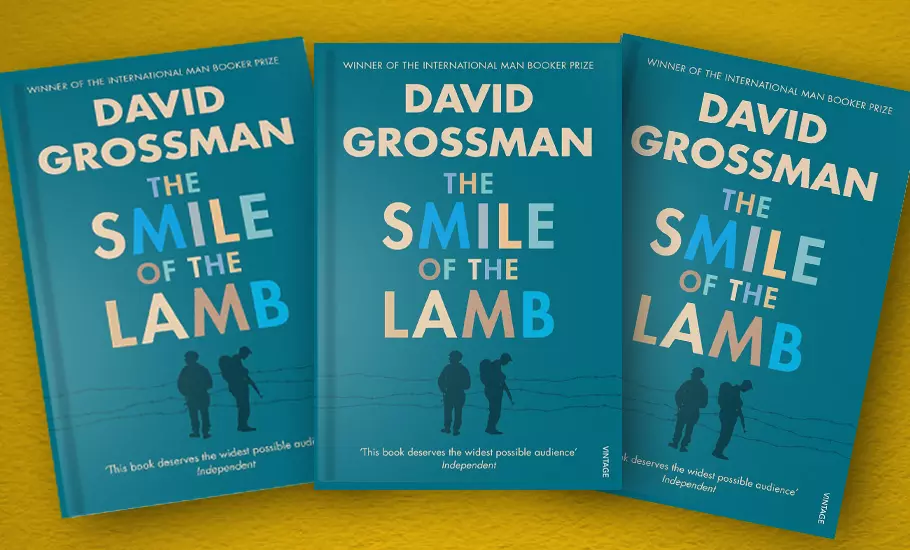
David Grossman’s The Smile of the Lamb is the first Jewish novel to be written about the reality of the occupation.
The Smile of the Lamb, which portrayed the pre-intifada environment through emotionally charged scenes, was the debut work of fiction by Grossman (69), a chronicler of Israel’s psychic health as well as its conscience. His preoccupation remains the same in his 2008 novel, To the End of the Land, a profound exploration of the wounds of war, the toll that conflict exacts on individuals, families, and society. Through the central character Ora, and her loops of memory and history, he braids the narrative with every war since the founding of Israel in 1948. The novel, a love triangle of sorts, is a lament of the living, a mother’s mourning set in the backdrop of the unending chaos and suffering of the war. When Ofer, Ora’s son, is released from military service, he opts to volunteer for a mission in the West Bank rather than joining his mother for a planned hike in northern Israel.
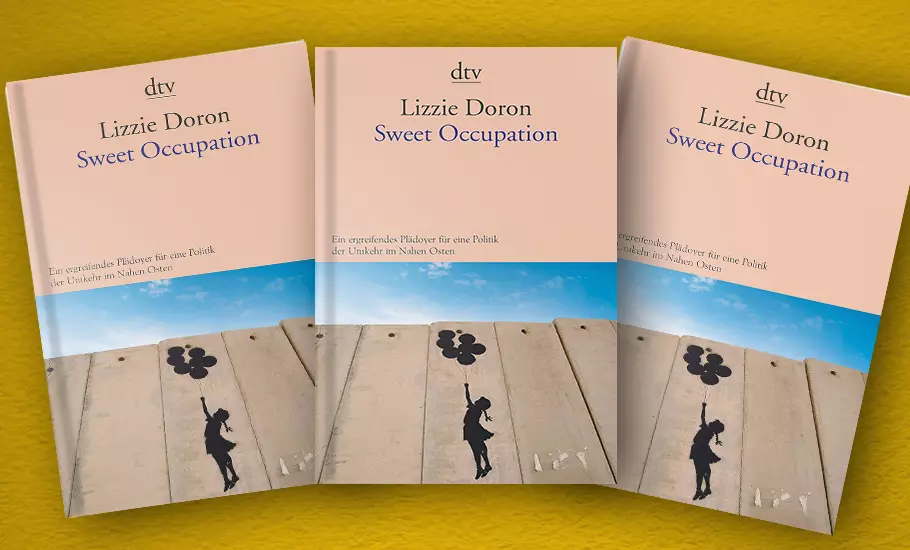
Lizzie Doron's Sweet Occupation, based on true accounts of Palestinian radicals, is about five men who establish a peace fighter movement after they are released from the prison.
Ora chooses to trek across the Galilee with an old friend and Ofer’s biological father, Avram, in an apparent attempt to escape the waves of anxiety that conflict threatens to impose upon her. Avram has led a secluded life since enduring torture as a prisoner during the Yom Kippur war three decades ago, and has never had the opportunity to meet his son. After Ofer chooses to reenlist for a high-intensity offensive operation at the onset of the second intifada, it leaves Ora feeling that he was forever lost to her the moment he became a part of the Israeli military apparatus, where compulsory service of three years is the norm. In an interview, Grossman revealed that many Israeli families plan for three children so that, even if one is lost in the line of duty, they have two more.
Grossman, the winner of the 2017 International Booker Prize for A Horse Walks Into a Bar, belongs to the secular camp of Israeli writers. He writes in the same register as Israel’s legendary novelist, short-story writer, and essayist Amos Oz (1939-2018), who puts Israeli society under the scanner in his writing. Oz, who served as a reserve soldier in a tank unit and fought on the Sinai front during the 1967 Six Day War, and on the Golan Heights in the October 1973 Yom Kippur War, knew what wars brought. As a founding member of Peace Now, a movement advocating a two-state solution to the Israeli-Palestinian crisis and the withdrawal of Israeli forces to the 1967 borders, he brought an ambivalent perspective to the conflict. His experience as a war meant that he could never agree with the problem being oversimplified into the dichotomy of black and white. He argued that the days that Arabs and Israelis shared ‘a matrimonial bed’ had long passed; what was needed, he underlined, was ‘not a second honeymoon but an amicable divorce.’
His fourth novel, A Perfect Peace (1982), set in Israel during the 18 months leading up to the Six-Day War, takes place in a kibbutz. At the heart of the story is a family in turmoil: the characters grapple with their aspirations and conflicts, both personal and national, as they navigate the changing landscape of their homeland. The messianic father, once driven by dreams, now revels in his achievements. His son, on the other hand, seeks to establish an identity separate from his father’s shadow. The young wife is adrift from reality, while an outsider harbours hidden emotions.
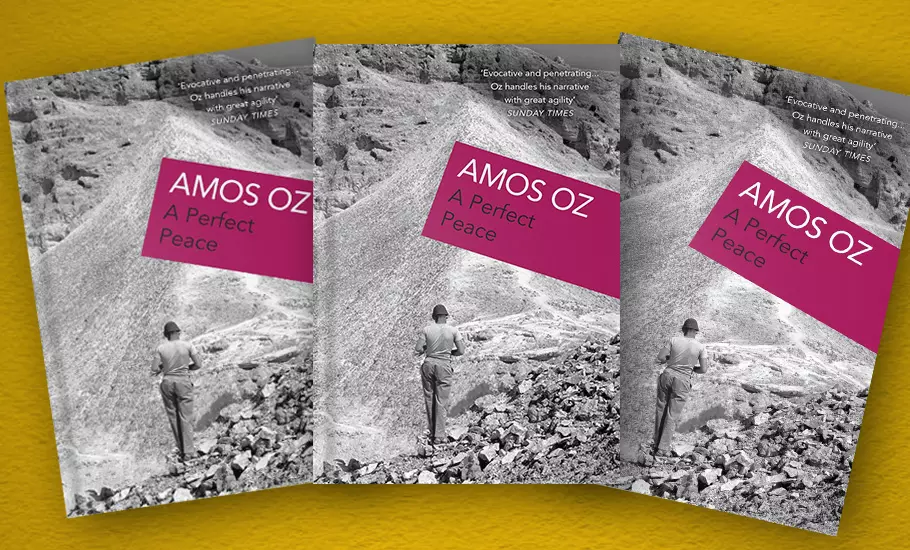
Amos Oz’s A Perfect Peace (1982) is set in Israel during the 18 months leading up to the Six-Day War.
Through their interactions and conflicts, Oz illustrates the complexities of identity, generational divides, and the impact of history on personal lives. His sense of nostalgia is palpable in his 2002 memoir, A Tale of Love and Darkness, in which he offers us an intimate glimpse into his childhood in Jerusalem and the challenges his family faced during a time of political upheaval. In rich prose, he paints a picture of the city, its diverse inhabitants, and the dreams and disillusionments that shaped his formative years.
In his fiction, AB Yehoshua (1936-2022), another politically engaged writer, described by The New York Times as the “Israeli Faulkner”, focused on the psychological troubles of his characters in the wake of sociopolitical tensions. His 1989 expansive novel Mr. Mani, for instance, is a six-generation family saga, traversing 19th century Greece, Poland, British-occupied Palestine, German-occupied Crete and modern Israel. He was preoccupied with the notion that Jewish identity was shaped by long-standing historiosophic conversations dating back to ancient times; in his work, he tried to pry apart the entanglements of theology, legend and actual history. His bar mitzvah was held during the winter of 1949 in Jerusalem, which coincided with the armistice agreements that were worked out between the fledgling State of Israel and its neighbours in the aftermath of Israel’s Declaration of Independence.
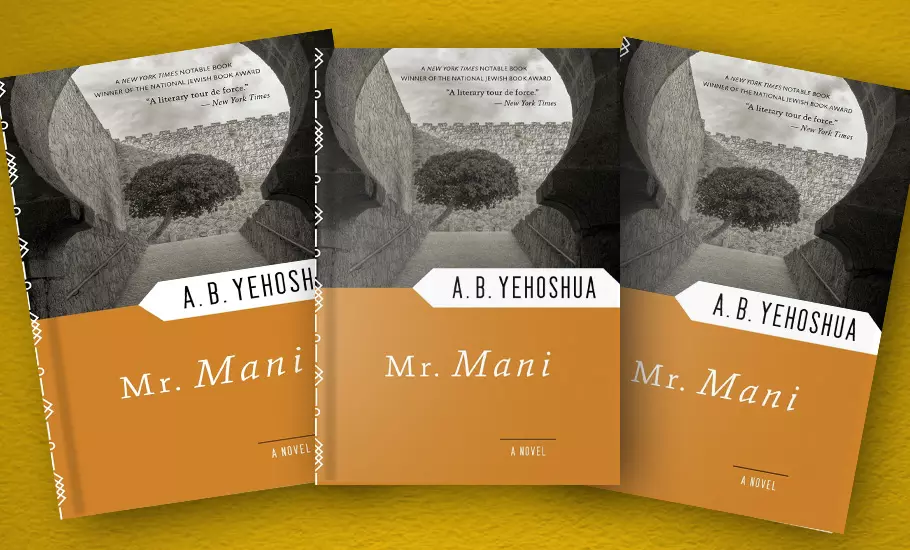
AB Yehoshua's 1989 novel Mr. Mani is a six-generation family saga, traversing 19th century Greece, Poland, British-occupied Palestine, German-occupied Crete and modern Israel.
Though Yehoshua lived through a bitter struggle for national survival and independence at an impressionable age, he rarely spoke or wrote about this era in a direct manner; instead what he did was displace it onto transmuted scenarios across his oeuvre. While he portrays the topography and ethnography of his country in great detail, he chooses to send his characters on extended trips abroad in nearly all his novels, with the exception of A Journey to the End of the Millennium, which is set entirely in Europe and North Africa; in all other novels, set in Israel, characters go on strategic voyages to international locations such as Paris, London, Spain, Berlin, Beirut, the United States, the former Soviet Union, India, and Tanzania.
Tel Aviv-based Lizzie Doron (70), an advocate of peaceful understanding between Israelis and Palestinians, is known for lending a voice to the Palestinian side through two novels, Who the Fuck is Kafka (about the friendship between an Israeli writer and an Arab-Palestinian journalist, who meet in Rome at a peace congress and have many ideas for doing some projects together, but their hope is dashed by the hurdles of the crazy everyday life in Israel, 2015), and Sweet Occupation (2017), both of which could not find publisher in Israel. Sweet Occupation, based on true accounts of Palestinian radicals, is about five men who establish a peace fighter movement after they are released from the prison: Palestinian terrorists Muhammad, Suleiman and Jamil from the occupied territories and the Israeli refuseniks Chen and Amil refuse to take up arms. Doron met these men, listening to their childhood memories for a year. She learned about their dreams and fears, about the moment when they took the lives of others.
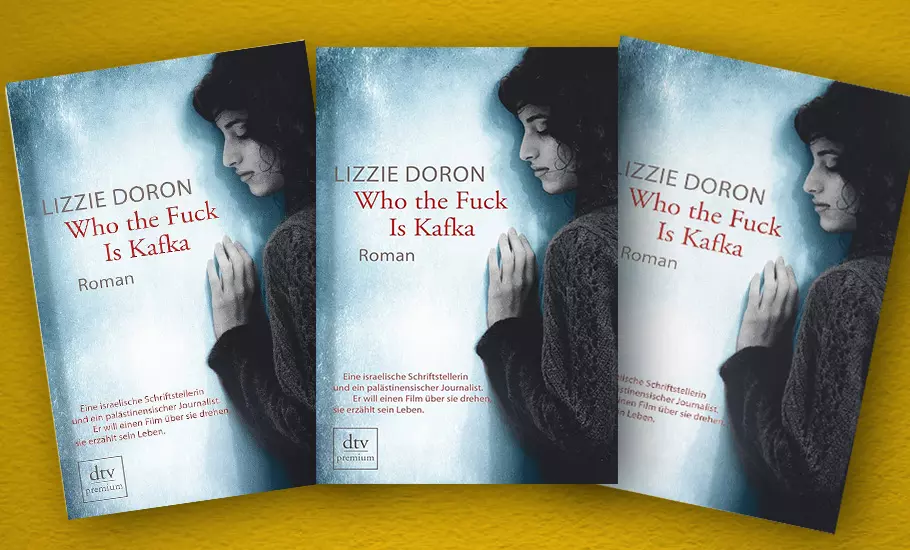
Who the Fuck is Kafka deals with the friendship between an Israeli writer and an Arab-Palestinian journalist, whose hopes of doing some project together are dashed by the hurdles of everyday life in Israel.
Fresh crop of Israeli writers like Yishai Sarid (58), and Assaf Gavron (54), too, draw on the Israeli-Palestinian conflict with an empathetic eye. In his seven novels, which include Victorious and The Memory Monster, Sarid deals with the trauma of conflict, dissecting the psyche of Israeli soldiers. In a gesture that shows his commitment to the cause of peace, when Sarid won the Levi Eshkol Literary Award earlier this year, he donated the prize money (40,000 Israeli shekels/$10,200) to a grassroots organization of Palestinian and Israeli families who have lost family members due to the conflict. In his novel The Hilltop (2013), Gavron explores life in a Jewish settlement in the West Bank settlement with mordant wit.
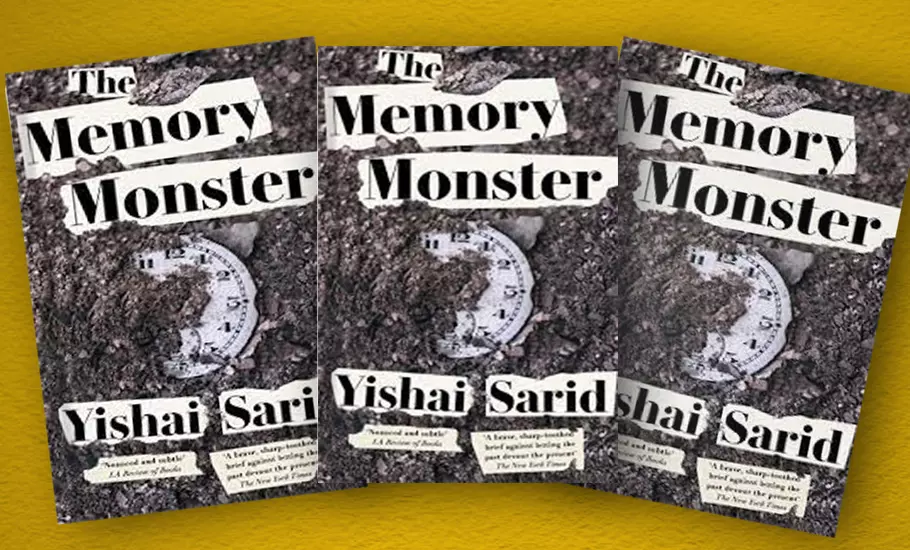
Yishai Sarid's The Memory Monster deals with the trauma of conflict, dissecting the psyche of Israeli soldiers just like his other novels.
Most of these writers are critical of the heavy price of Israel’s macho military strategy and the role of the right-wing leader, Benjamin Netanyahu, during the last three decades of political turmoil. When Hamas attacked Israel on October 7, David Grossman wrote a piece in Financial Times. “Who will we be when we rise from the ashes and re-enter our lives? When we viscerally feel the pain of author Haim Gouri’s words, written during the 1948 Arab-Israeli war, “How numerous are those no longer with us.” Who will we be and what kind of human beings will we be after seeing what we’ve seen? Where will we start after the destruction and loss of so many things we believed in and trusted?” he wrote.

